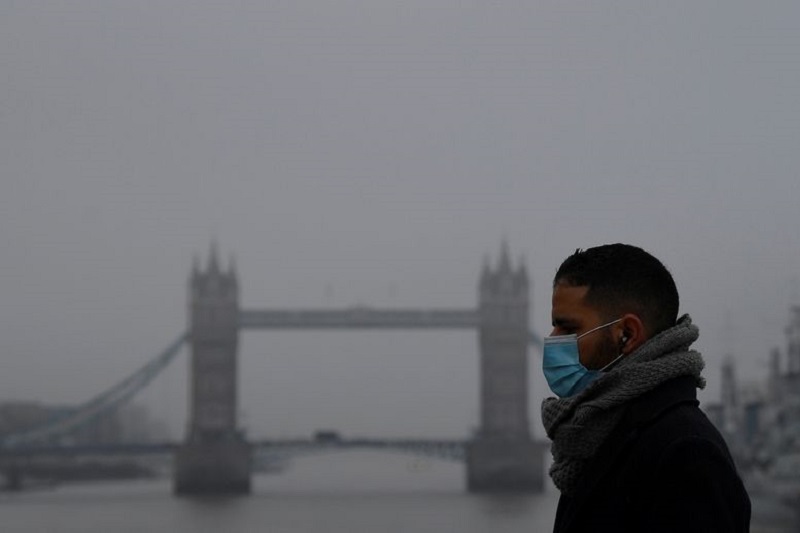By Laura Sánchez
Investing.com - Asian stock markets - Nikkei, Shanghai Composite, Hang Seng - are celebrating as China relaxes its strict anti-COVID measures and withdraws mandatory diagnostic tests from some public places, a shift in strategy that is getting experts talking.
China’s response to COVID-19 should now focus on preventing serious cases – rather than infection – by expanding vaccination, leading infectious disease expert Zhong Nanshan said Friday, according to the South China Morning Post.
"We cannot adopt the same strategy as two years ago," Zhong added.
"Among investors, the idea is spreading that the radical change adopted by Chinese authorities in their strategy to combat COVID-19, accelerating the reopening process, will lead to a sharp increase in cases in the coming weeks which will weigh on the country's economic growth in the short term," analysts at Link Securities noted.
"Thus, it is expected that China will still take a few months to adapt its society and economy to coexist with the virus, as the vast majority of countries have already done," they added.
"In the medium and long term, we understand that the change of strategy was absolutely necessary and, together with the expansive monetary and fiscal policies that are going to be implemented in China, will help the country to recover the path of economic growth, something that will be positive for many European companies with high exposure to the country, although we understand that it will make the fight against inflation more difficult, as demand for many goods will increase strongly, which will put upward pressure on prices," the analysts concluded.
"These measures are much welcome for an economy that has been severely battered this year," said Ting Lu, chief China economist at Nomura, in statements picked up by CNBC.
"However, we would also caution that the road to full reopening may still be gradual, painful, and bumpy," the expert added.
According to Renta 4, "Inflation levels are contained and far removed from developed economies which facilitates the adoption of new monetary and fiscal stimuli in the event that the Chinese economy requires it, something quite likely in an exit from the zero-COVID policy that seems slow and complicated (increase in the number of contagions before the lifting of restrictions)."
Daily COVID infections in mainland China, mostly asymptomatic, reached a record high of more than 40,000 in late November. Since then, the number has declined as cities reduced virus testing requirements.
The path forward for China to reopen may take a few months, with a surge in infections likely, noted Goldman Sachs, as echoed by CNBC.
